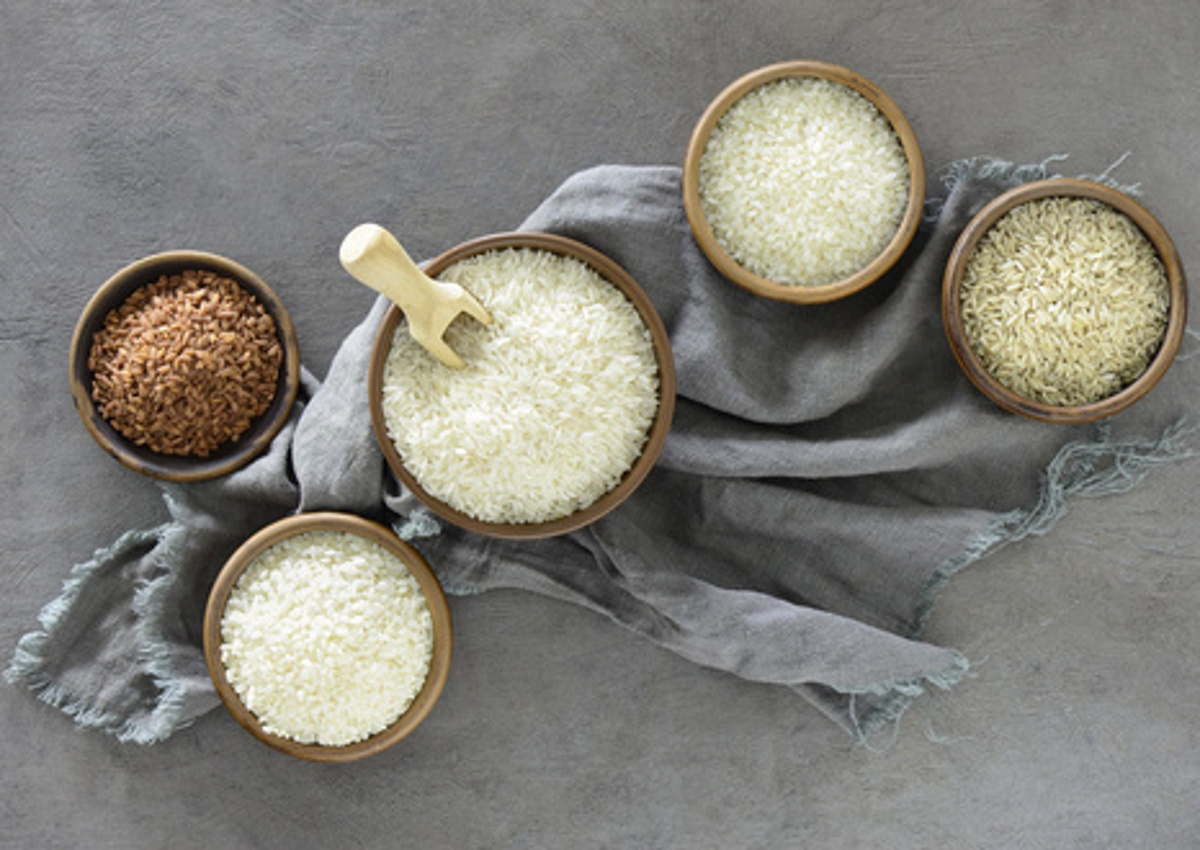
Where does all the rice affecting the European market come from? Even though India and Pakistan are big producers, they cannot be considered as our competitors given the fact that they export basmati rice, which is a typical product of their territory that cannot be cultivated in Europe. Thailand, on the other hand, would indeed qualify as a fully-fledged competitor. Even so, it is not responsible for the creation of the recent commercial imbalances, as it does not enjoy any customs subsidies.
Cambodia: the rice leader supplier
The country that does benefit from these subsidies, thanks to the EBA, is Cambodia, which became the leading supplier of Europe in the 2015/2016 campaign, with about 270 thousand tonnes of imported products, in contrast to around 10 thousand in 2009. Entangled in child labour issues, Burma has not been enjoying the benefits of the subsidized regime until 2012 and has therefore not yet reached any substantial volumes. Last year, however, the rice imports to Italy from this country have increased by 736%, which leaves no doubt about Burma’s potential, even if it only exported 2,512 tonnes of processed rice to Italy in the 2016-2017 campaign, which is too little an amount if compared with the more than 12 thousand tonnes of Cambodia. We impugn this regime of facilitations, insists President of Ente Nazionale Risi (the Italian Board for national rices) Paolo Carrà, because it has led to an imbalance at the European level without increasing the well-being of the populations that should have benefited from it. It only favours multinationals. In fact, those who take advantage of the ‘zero duty’ policy, save 175 euro for each tonne of exported labour, thus being able to enjoy a considerably higher margin than that of all the others.
Price question and ‘zero duty’ policy
The price question seems to be the main problem of the sector, while the issue of the lack of product quality and safety controls of the imported products is a myth that needs to be debunked. There are different types of controls, those of customs and those of the Rasff (Rapid Alert System for Food and Feed, ed.) that deal with the analysis of the presence of GMOs, aflatoxins, and prohibited active ingredients. The Inspectorate of Quality Control and Fraud then deals with the shelf controls. The existing controls are quite effective, explains Carrà, as an institution, however, we have the task of assisting them in becoming more and more secure. We have therefore handed over a list of the active ingredients that are banned in Italy but permitted in the countries from which we import to the relevant ministries and have requested that the pertinent customs controls be carried out. Furthermore, we have doubled the number of shelf checks in 2017 in collaboration with the Inspectorate of Quality Control and Fraud, with a particular focus on imported products. The anomalies found so far, however, were only of administrative nature. We do not intend to stop here. One of our commitments is the implementation of residual chemical analyzes.

